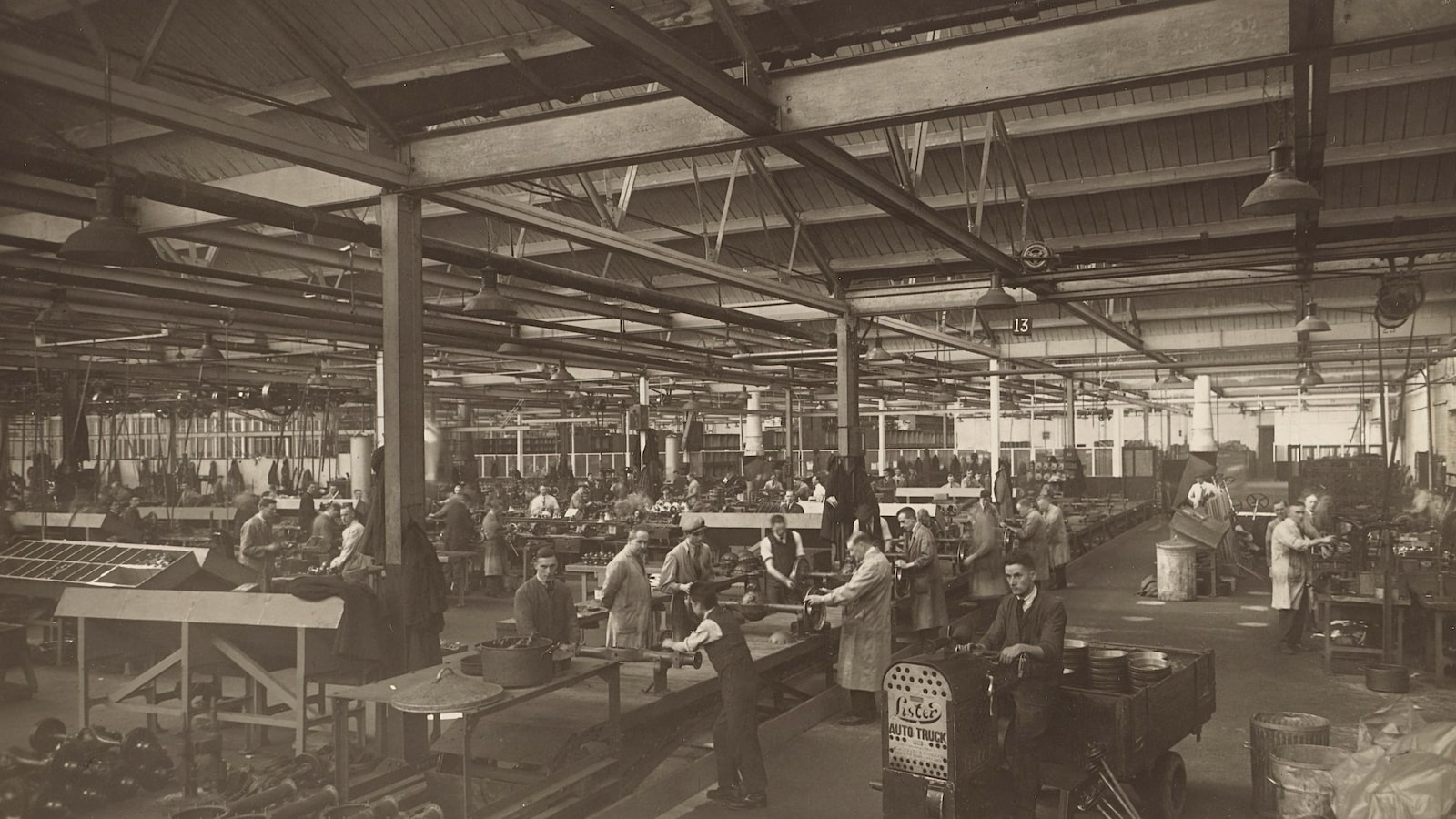
The Automotive Industry is one of the most important and influential industries in the world economy. It drives innovation, new technologies, and economic growth. Despite its importance, it is also highly vulnerable to disruptions caused by problems in the supply chain. Supply chains are the lifeblood of the Automotive Industry, as they provide the necessary components for assembly and production. When supply chain disruptions occur, they can have a dramatic effect on the industry’s profits.
Understanding the Impact of Supply Chain Disruptions
Supply chain disruptions can happen due to a variety of different reasons, including natural disasters, political unrest, or simply supply and demand changes in the market. These disruptions can be minor or large, depending on the severity of the issue. However, regardless of the severity, the effects are often the same. When supply chain disruptions occur, they can result in delays in production, higher costs of materials, and ultimately reduced profits.
In the Automotive Industry, supply chain disruptions can be especially crippling. The industry relies heavily on global supply chain networks in order to source materials and components. When disruptions occur, it can cause a ripple effect throughout the entire system. Automakers are often forced to delay production while they wait for the necessary parts, which can result in thousands, if not millions, of dollars in lost profits.
What Can Automakers Do to Reduce the Risk of Supply Chain Disruptions?
Given the potential impacts of supply chain disruptions, it’s critical for automakers to do what they can to reduce the risk of them occurring. One way to do this is to create backup plans for sourcing components and parts. Automakers should create contingency plans in case of shortages, delays, or other disruptions. This can help minimize the effects of disruptions if they occur, and help ensure that production is not adversely affected.
Automakers should also take proactive steps to ensure their suppliers are adequately prepared for disruptions. This includes working with suppliers to understand their capabilities and limitations, and ensuring that supply chain partners have adequate measures in place to deal with potential disruptions. By developing a better understanding of the supply chain, automakers can be better prepared to deal with disruptions and minimize their financial impact.
Conclusion
Supply chain disruptions can have a detrimental effect on Automotive Industry profits. Automakers must recognize the potential risks of disruptions and take proactive steps to ensure their suppliers are adequately prepared. By doing this, they can better position themselves to deal with disruptions and minimize their financial impacts.












Got a Questions?
Find us on Socials or Contact us and we’ll get back to you as soon as possible.